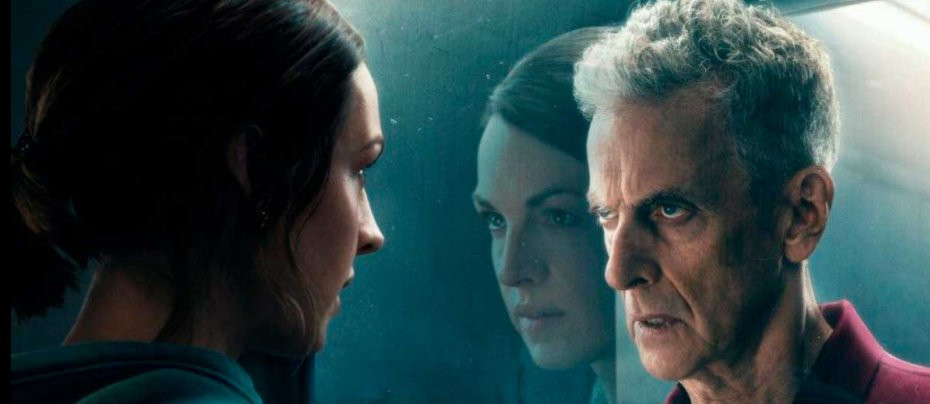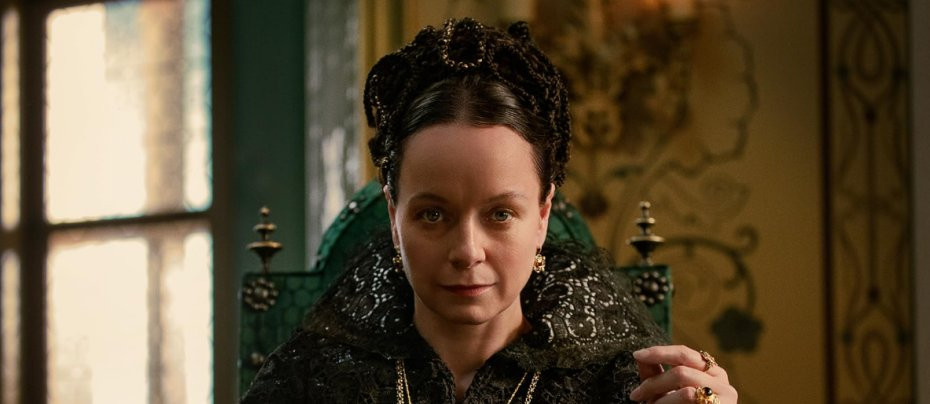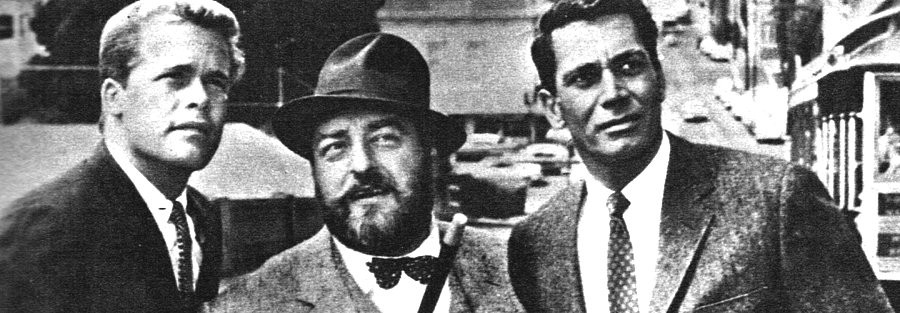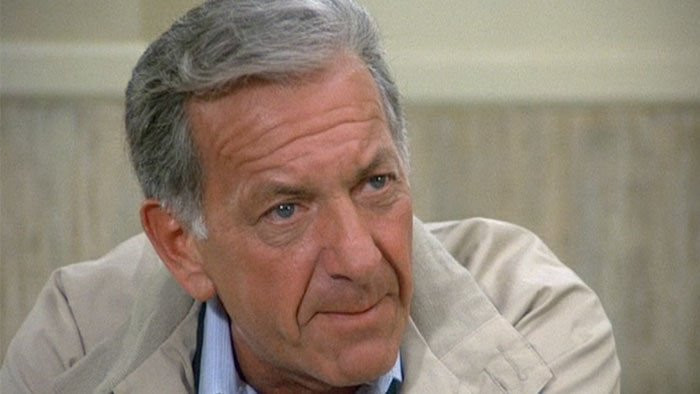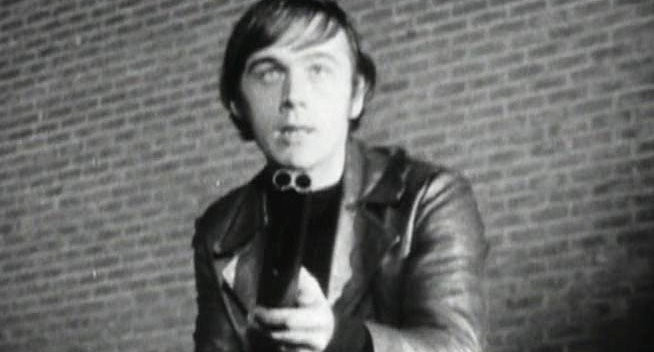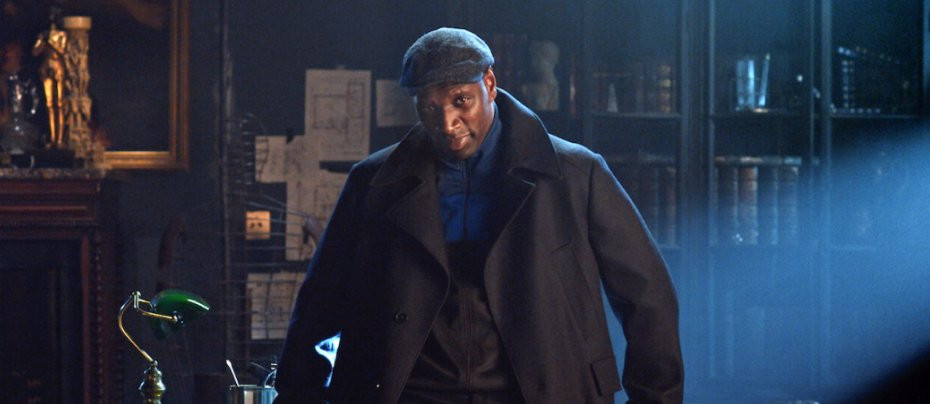
Lupin
2021 - FranceReview by John Winterson Richards
Arsene Lupin, the French "gentleman thief," first appeared in the stories of Maurice Leblanc early in the 20th Century. As such he was symbolic of the affluence and decadence of the French Third Republic. Yet he bears a more than a passing resemblance to A J Raffles, the English "Amateur Cracksman," in the stories of E W Hornung, which had first appeared almost a decade before (and which, much later, were adapted into a delightful television series starring Anthony Valentine).
Of course, Leblanc never mentions Lupin playing cricket, poor chap. This crucial difference was apparently enough to avoid any copyright claims, but Leblanc did fall foul of the diligent lawyers employed by Sir Arthur Conan Doyle, Hornung's brother-in-law, when he was emboldened to introduce Sherlock Holmes as a guest character in the Lupin stories. Leblanc was obliged to change the name of his character to "Herlock Sholmes," a name mentioned in Gaumont's clever updating for Netflix.
Instead of transferring Lupin the character directly to the present day, the updating accepts the existence of the books and makes its protagonist a big fan of them rather than a version of Lupin himself. This avoids the difficulty faced by updatings like Sherlock, in which it sometimes seems almost unnatural that no one mentions Holmes stories directly in certain situations, so deeply are they embedded in our culture. Yet one does not have to be familiar with Leblanc's original stories, which are important elements in the plot, to appreciate Lupin.
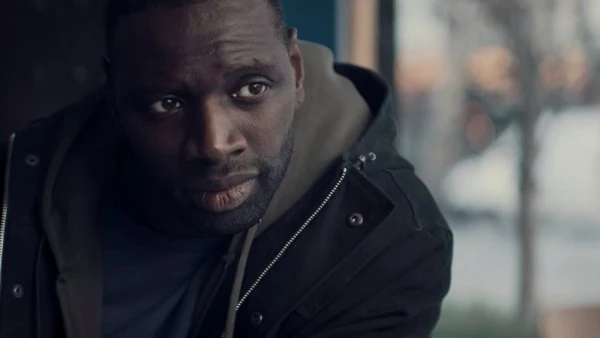
Our Lupin megafan and analogue, Assane Diop, is an immigrant from a poor background in Senegal and then the less salubrious suburbs of Paris. Far from being one of the idle rich, he comes to understand that a true gentleman is not defined by wealth thanks to the example of his father, the well mannered chauffeur of an obnoxious plutocrat. Assane's world is destroyed when his role model is accused of theft by his employer and apparently commits suicide in prison. Given the characters of both men, one would have thought Assane would have come to some obvious conclusions very quickly but he takes his time over it. Meanwhile he acquires a superior education through unexpected means but remains a petty criminal from the wrong side of the tracks.
These two sides of Assane, the educated gentleman and the street thug, make him a more interesting character than the original Lupin. The fact that he comes across as very pleasant company can blind us to the fact that some of the things that he does are quite unpleasant. His ability to manipulate people, so useful in his criminal career, sometimes extends to the people who love him.
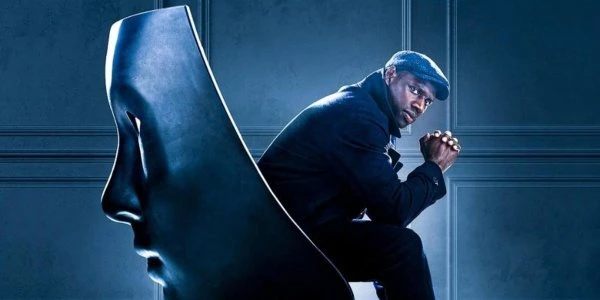
The charm that enables him to get away with this is due almost entirely to the casting of Omar Sy as Assane. The word "charisma" tends to be misused and overused. Its Greek root charism, meaning "gift" or "free gift," has religious connotations. It is as if God just likes certain people and puts an almost literal halo of light around them. It is not just the air of otherness that comes to surround any person famous from the media, nor is it necessarily about being the best looking person or the most sexually attractive or the most photogenic or telegenic. It is a strange, inexplicable personal magnetism, a real "X Factor." If you ever saw Princess Diana or Margaret Thatcher or Pope John Paul II or Nelson Mandela in person you would know.
Omar Sy is in the same category. There is just something about him. It would not matter if he was not that great an actor - actually he is pretty good but that is not the point, which is that he does not have to be: all he has to do is be there to command the screen.
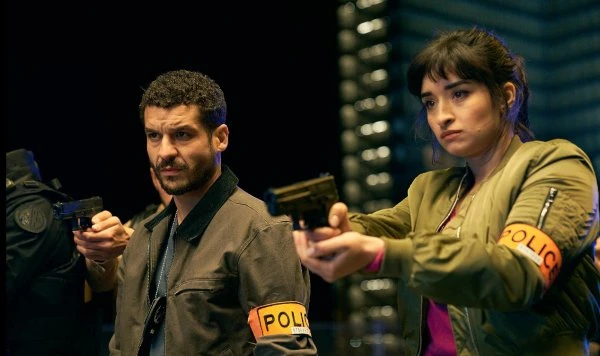
This is both the show's greatest strength and its greatest weakness. Such "heist capers" always demand a degree of suspension of disbelief, but there has to be some realism for there to be any dramatic tension. Indeed everything that is not incredible has to be extra credible. In this case, the plot depends on our protagonist being a master of disguise with the uncanny ability to slip away unobtrusively from the scenes of his crimes. This is conceivable when the actor and the character are nondescript, but beyond absurd when the police are supposed to be misdirected by a six foot three bulk of blazing charisma who fits the description of the suspect.
It becomes even more absurd when Assane becomes the most wanted criminal in France, especially now practically everyone has access to "social media." The script tries to make a joke of it but this is just pointing at the elephant in the room. It does not help that most of the make-up is unconvincing, but even if it was better there is simply no hiding Omar.

The supporting cast do well to hold their own when they join him on camera. Ludivine Sagnier is a beautiful woman, especially when she smiles, so it is a pity that she is called upon to be glum and nagging most of the time as Assane's divorced wife. The character is actually quite annoying, so it is perhaps surprising that she remains his love interest when he has the option of the spoilt, flirtatious daughter of his late father's nasty employer. Clotilde Hesme seems to have far more chemistry than Sagnier with Sy and it is a pity their storyline goes nowhere after her character becomes another victim of Assane's emotional manipulation.
Herve Pierre plays her wealthy father as an uncouth bully. This is a refreshing change from the cliche in which the powerful villain adopts a facade of urbane sophistication. Never having met the man, this may be unfair but your reviewer could not stop thinking of the late Robert Maxwell whenever Pierre appeared.
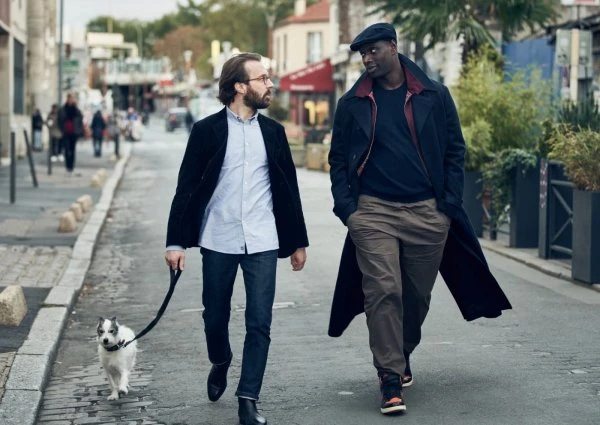
Antoine Gouy has a nice undertone of melancholy as Assane's best friend, whom Assane also exploits quite ruthlessly. Stefan Crepon shows great versatility as another associate, one who is actually better adapted to role playing than Assane himself. As the detective who spots the pattern in Assane's crimes, Soufiane Guerrab balances the hardened policeman and the Lupin fanboy with great skill: the character could have gone badly wrong, but we end up liking him a lot; we feel his dilemma about having to arrest a man he has come to respect, and we are happy for him when he gets to fulfil a dream with a little Lupinesque role playing himself. Shirine Boutella is credible as a career policewoman climbing the ladder without losing her femininity, a combination that television seems to find increasingly hard to get right these days.
Mamadou Haidara and Ludmilla Makowski both pull off the seemingly impossible tasks of convincing as teenaged versions of Sy and Sagnier respectively. Fargass Assande is suitably dignified as Assane's virtuous father. Anne Benoit has a moving guest performance as a broken journalist who rediscovers who she is. This being a French production, she has a wonderful little dog, J'Accuse (named after her fellow journalist Emile Zola's great article on the Dreyfus Affair), who steals the whole show.
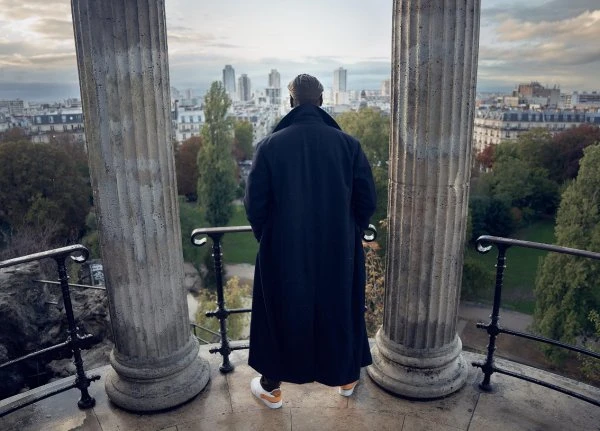
All that said, Sy's real co-star, and his only superior in charisma, is Paris. This is very much the tourist Paris, not the unpleasant bits highlighted in the likes of Spiral, but no less welcome for that. There are important sequences in, among other places, the Louvre, the Place Vendome, and the Arc d'Triomphe. The highlight is an epic police car versus speedboat chase along the Seine at the end of the second "part," which is how the seasons, or rather mini-seasons, are labelled for some reason.
Many of the best scenes are shot at night, which is of course cheaper but in this case fully justified by the narrative. Either way, there are no complaints because we really get to see Paris as the City of Light.
The pacing is immaculate, like a French three-quarter line with ball in hand (review written during the 2023 World Cup). The whole thing gets off to a splendid start with the "heist" of the legendary Queen's Necklace which is said to have started the French Revolution - Marie Antoinette was (falsely) supposed to have demanded it as a present during a time of great financial hardship in the country. It is regrettable to have to report that the actual necklace was broken up because it was simply too extravagant to find a buyer. No matter, it makes a great MacGuffin here.
The first two parts centre on the necklace and on Assane's quest for belated justice for his father. The third, filmed and released some time later, lacks this strong narrative spine. It also lacks a strong villain, so it is not quite as compelling as the first two, despite including some of the show's best moments. The conclusion is disappointing: it makes little sense and is not true to the character of Assane as established, but it does have a good sting in the tail, hinting at the welcome prospect of more to come.

One hopes so. The show has been a definite commercial and critical success for Netflix. At one point it held the record - since shattered - for the most viewed show not in English on the streaming service. One can see why. It is a long time since such a slick cops and robbers show was produced in the United States or the United Kingdom. However, one can also see how it must have been a very expensive show to produce, so its popularity may not be enough to balance the books.
If it does end here, as was the original intention, it deserves its place in 'Television Heaven' as a well produced, old fashioned "caper" with something of a dark edge to it that demonstrates how European television has really come of age in recent years, and how the French can now compete with Hollywood in a genre it once considered its home ground.
Seen this show? How do you rate it?
Seen this show? How do you rate it?
Published on October 12th, 2023. Written by John Winterson Richards for Television Heaven.



